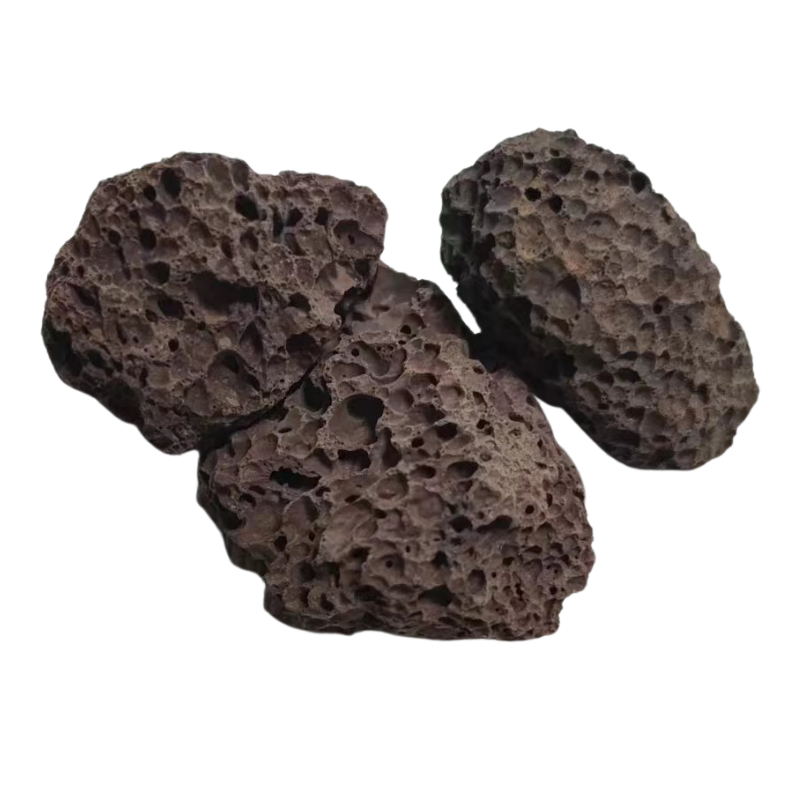
Natural Perlite Benefits and Applications for Gardening and Construction Industries
Natural Perlite An Overview of Its Properties and Uses
Natural perlite is a volcanic glass that will expand when heated. This siliceous rock, formed from the rapid cooling of lava, is characterized by its unique ability to absorb water and its lightweight nature. As a result, perlite has become increasingly popular in various industries and applications, particularly in horticulture, construction, and industrial processes.
Properties of Natural Perlite
The primary distinguishing feature of natural perlite is its lightweight and porous structure. When heated to about 1,600 degrees Fahrenheit (870 degrees Celsius), perlite expands to approximately 20 times its original volume. This expansion occurs due to the presence of water trapped within the mineral. When heated, the water vaporizes and creates numerous small bubbles, giving perlite its distinctive lightweight, airy texture.
In addition to its lightweight characteristics, perlite is also chemically inert, meaning it does not react with most substances. It has a high silica content (approximately 70-75%) along with minimal amounts of alumina, iron oxide, and other minerals. This chemical stability makes perlite an ideal medium for a variety of applications, as it does not interfere with other components in mixtures.
Uses of Natural Perlite
natural perlite

1. Horticulture One of the most common uses of natural perlite is as a growing medium in horticulture. Its ability to retain moisture while providing excellent drainage makes it a preferred choice for potting mixes and seed starting. Perlite ensures that plants receive sufficient oxygen to their roots while preventing waterlogging, which can lead to root rot. Additionally, its sterile nature makes it an excellent option for planting in environments where pathogens might be a concern.
2. Construction In the construction industry, perlite is utilized as an insulating material. It can be mixed with cement to create lightweight concrete or as an aggregate in various applications. The thermal insulation properties of perlite help to enhance energy efficiency in buildings, reducing heating and cooling costs. Furthermore, perlite is fire-resistant, making it a valuable component in fireproofing materials.
3. Industrial Applications Beyond horticulture and construction, perlite plays a role in various industrial applications. It is commonly used in the production of filtration aids due to its porous structure, which allows it to trap impurities and particles. Moreover, perlite is utilized as a lightweight filler in paints, plastics, and rubber products, improving strength and performance while reducing weight.
4. Environmental Applications Natural perlite is employed in environmental applications as well, such as water filtration and soil remediation. Its absorbent properties make it effective in filtering contaminated water, while its lightweight nature allows for easy handling in remediation projects.
Conclusion
Natural perlite is a versatile and valuable resource with numerous applications across different industries. Its unique properties, including its lightweight nature, moisture retention capabilities, and chemical stability, make it an ideal choice for horticultural uses, construction materials, industrial processes, and environmental management. As sustainability becomes increasingly important, the demand for natural, non-toxic, and effective materials like perlite is likely to grow, further expanding its role in a variety of sectors. Whether you're a gardener seeking an effective planting medium or a builder looking for efficient insulation, natural perlite can provide the solutions you need.
Share
-
Fly Ash Solutions Enhanced by GPT-4 Turbo | Sustainable InnovationNewsAug.01,2025
-
Natural Premium Bentonite Cat Litter - Superior ClumpingNewsJul.31,2025
-
Premium Resin Coated Sand - High Heat Resistance CastingNewsJul.31,2025
-
High Quality Silicon Carbide Grit for Abrasive ApplicationsNewsJul.30,2025
-
High-Quality Ceramsite for Plants & Gardening | Lightweight PebblesNewsJul.29,2025
-
Premium Burgundy Glass Marbles for Vases & Shooter GamesNewsJul.29,2025






